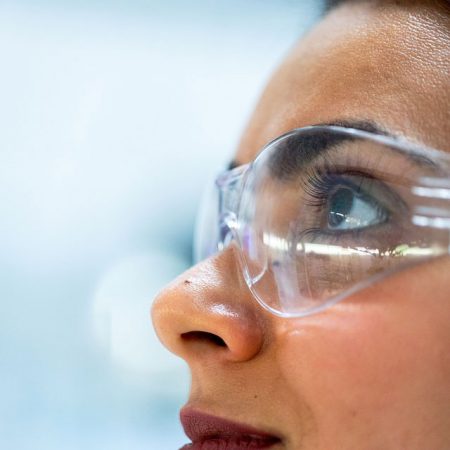The first response is that despite the lack of targeted and direct effort to think about the neurologic protection of the newborn, over the last decades we still could observe enormous improvements in that field, especially regarding the outcomes of prematurity. Suffice it to say that as late as in 1990, neurological problems related to prematurity ranked as the 15th most frequent cause of disability for humans of all ages (the most frequent are still heart attacks, strokes, respiratory diseases of adults).
Only twenty years later, in 2010, despite a significant increase in the survival rate of infants with the lowest gestational age prone to the increased risk of neurological problems, the outcomes of prematurity are ranked only at the 25th place. It is thus clear that if even the smallest and increasingly vulnerable infants survive, all preterm babies are now actually better off than before. Nevertheless, this is only a good start: by putting more targeted and direct efforts to protect the developing brain, we can achieve many more encouraging results or significantly accelerate their achievement.



It is not generally known that the act of birth and the first moments of life after birth itself may also be difficult for full-term infants. Beautiful and easy pregnancy does not per se guarantee that there will be no problems. For example, these perfectly developed full-term infants can also become victims of major injuries such as stroke (i.e arterial infarcts: blockage of small arterial branches causing ischemia in the brain tissue) or ischemic brain injury resulting from cerebral asphyxia (i.e. unexpected absence of vital activity at birth). These injuries require urgent and complex maneuvers of resuscitation and use of specific therapies (such as cooling, hypothermia). These two diseases occur with an incidence of about one baby in every thousand births. Unfortunately, this figure has not improved in recent years.
In the world of prematurity, research efforts must be aimed at these two principal directions. First, a more thorough study of hemorrhages affecting the more preterm infants (intraventricular hemorrhages and bleedings of the cerebellum), along with white matter abnormalities is required. Second, is to study how we can help the growth and development of the pre-term baby’s brain, an immature organ that has not developed as it should have if it had been well protected and longer in the mother’s womb. This goal requires a more complex, more structured effort to understand how we can replicate as much as possible the conditions of intrauterine life for newborns weighting less than 1500 or even 1000 grams which undergo the difficult moments of neonatal intensive care.
Eu-Brain was created to promote the awareness of the necessity to take these steps forward.
Read the articles in our scientific section
Powered by GGallery srl